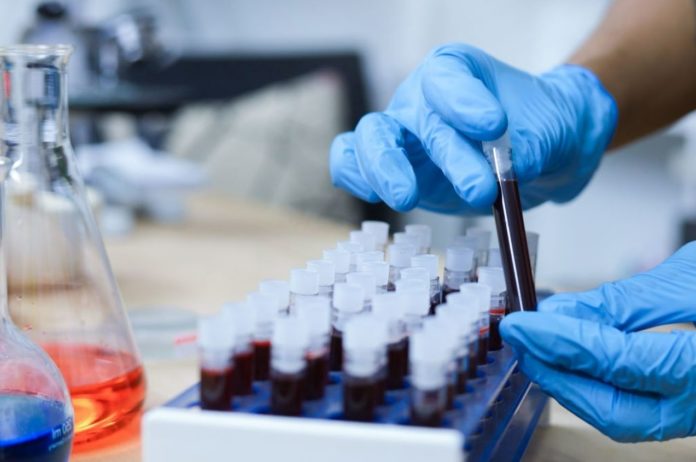A possible new treatment option for mast cell cancers involves “mutating” the messenger RNA (mRNA) before it can deliver instructions for manufacturing the gene responsible for cell proliferation.
The technique, dubbed frameshifting, alters the pre-mRNA in such a way that the mature mRNA is degraded and any protein produced in response to its instructions is altered and rendered inert.
In a mouse model, frameshifting the c-KIT gene decreased the size of mast cell tumors and prevented their invasion of other organs.
- Scientists in Fear of This New Predator From Red Sea Eating Native Species in Mediterranean
- Does This Mean We Stopped Being Animal and Started Being Human Due to ‘Copy Paste’ Errors?
- The One Lifestyle Choice That Could Reduce Your Heart Disease Risk By More Than 22%
- Aging: This Is What Happens Inside Your Body Right After Exercise
- Immune-Boosting Drink that Mimics Fasting to Reduce Fat – Scientists ‘Were Surprised’ By New Findings
Mast cells are involved in the regulation of immune responses. However, an excessive number of mast cells can cause a variety of diseases, the most serious of which are mast cell leukaemia and mast cell sarcoma. The c-KIT gene encodes a protein called KIT, which is involved in mast cell survival and proliferation. C-KIT mutations can promote mast cell proliferation in a variety of organs, resulting in mast cell cancers.
“Current treatments for mast cell cancers target signaling from the receptor encoded by the c-KIT gene, and the efficacy of current therapies can be negatively affected by c-KIT mutations associated with disease development,” says Glenn Cruse, corresponding author of the study.
“We are targeting the gene itself, regardless of mutation. If we target the gene that drives progression, then we can target the disease.”
Cruse and a team of researchers from NC State and the National Institutes of Health (NIH) created the frameshift mutation using an exon-skipping technique.
Prior to the production of a gene or protein, the pre-mRNA, which contains both coding and non-coding regions called exons and introns, is spliced to remove the introns and leave only the exons – a gene’s “production instructions.” The mature mRNA then delivers its instructions, resulting in the production of the gene or protein. If something goes wrong or a mutation occurs, a stop codon – a short sequence in the mRNA – prevents the faulty protein from being produced by degrading or destroying that strand of the mRNA.
The team exploited this mechanism by attaching a short RNA molecule called an oligonucleotide to exon 4 of the c-KIT pre-mRNA, effectively fooling the splicing proteins into believing the exon was an intron and thus removing it. The deleted or skipped exon causes a frameshift in the mRNA’s reading frame, causing it to be recognized as a mutant and degraded.
“We are altering the message that makes the protein – flipping an ‘on’ switch to ‘off,’” Cruse says. “If you get mRNA to produce a protein that is mutated and severely truncated, your cell will recognize that and degrade the message so that the protein isn’t produced.”
The researchers examined mast cell leukaemia cells in vitro using their frameshifted c-KIT mRNA approach and discovered that KIT protein expression, signalling, and function were reduced. Within hours, the cancer cells ceased proliferating and began to die. When the frameshifted c-KIT mRNA was induced in a mouse model, tumor growth and infiltration of other organs reduced and tumor cell death increased.
“The other advantage to our technique is that it solves the problem of degradation evasion,” Cruse says.
- Scientists in Fear of This New Predator From Red Sea Eating Native Species in Mediterranean
- Does This Mean We Stopped Being Animal and Started Being Human Due to ‘Copy Paste’ Errors?
- The One Lifestyle Choice That Could Reduce Your Heart Disease Risk By More Than 22%
- Aging: This Is What Happens Inside Your Body Right After Exercise
- Immune-Boosting Drink that Mimics Fasting to Reduce Fat – Scientists ‘Were Surprised’ By New Findings
“Occasionally faulty messages will evade degradation and their mutated proteins get produced anyway. But proteins produced by the frameshifted c-KIT mRNA are inert, or non-functional. So even if they get produced, they cannot cause more harm.”
The research was published in Molecular Therapy.
Image Credit: Getty
